About the consortium
The overarching objective of the SUNER-C project is to create an inclusive innovation community and ecosystem that builds on the current SUNERGY network and includes new stakeholders across Europe. Bringing together fundamental and applied knowledge from various sectors of the society as well as often unique resources, the enhanced community will prepare a large-scale European joint action. The SUNER-C consortium is a unique and balanced eco-system of 30 organisations, bringing together a large diversity of partners, expertise, fields, and representatives of all the EU regions. The consortium consists of 13 academic partners, 13 industrial companies, 4 network organisations and federations, and 1 Non-Governmental Organisation. Essentially, the SUNER-C consortium will work on the development of a strategic roadmap towards the broad implementation of solar fuels and chemicals, and supporting strategies for innovation and exploitation, with a firm focus on cross-cutting and socio-technical aspects.
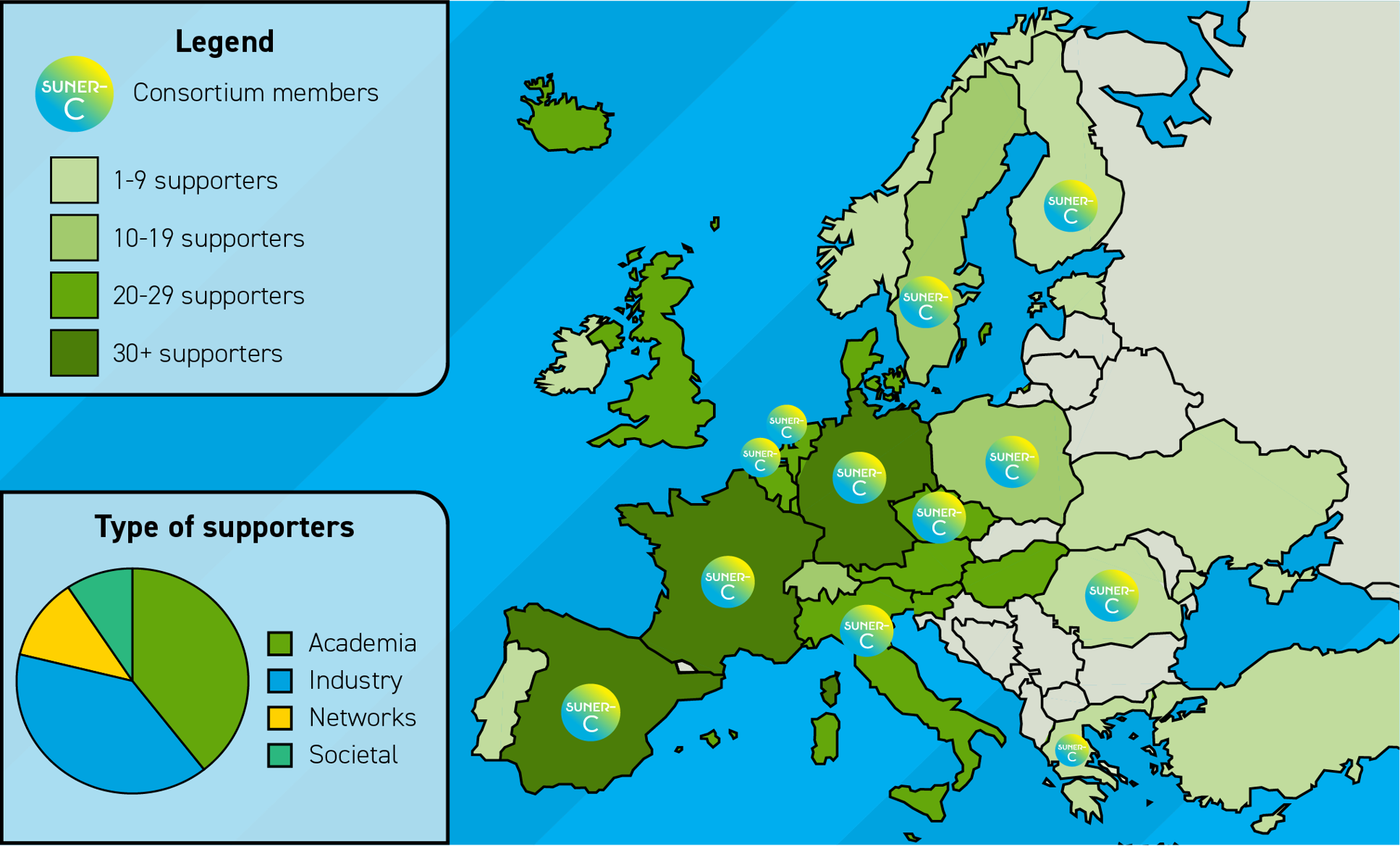
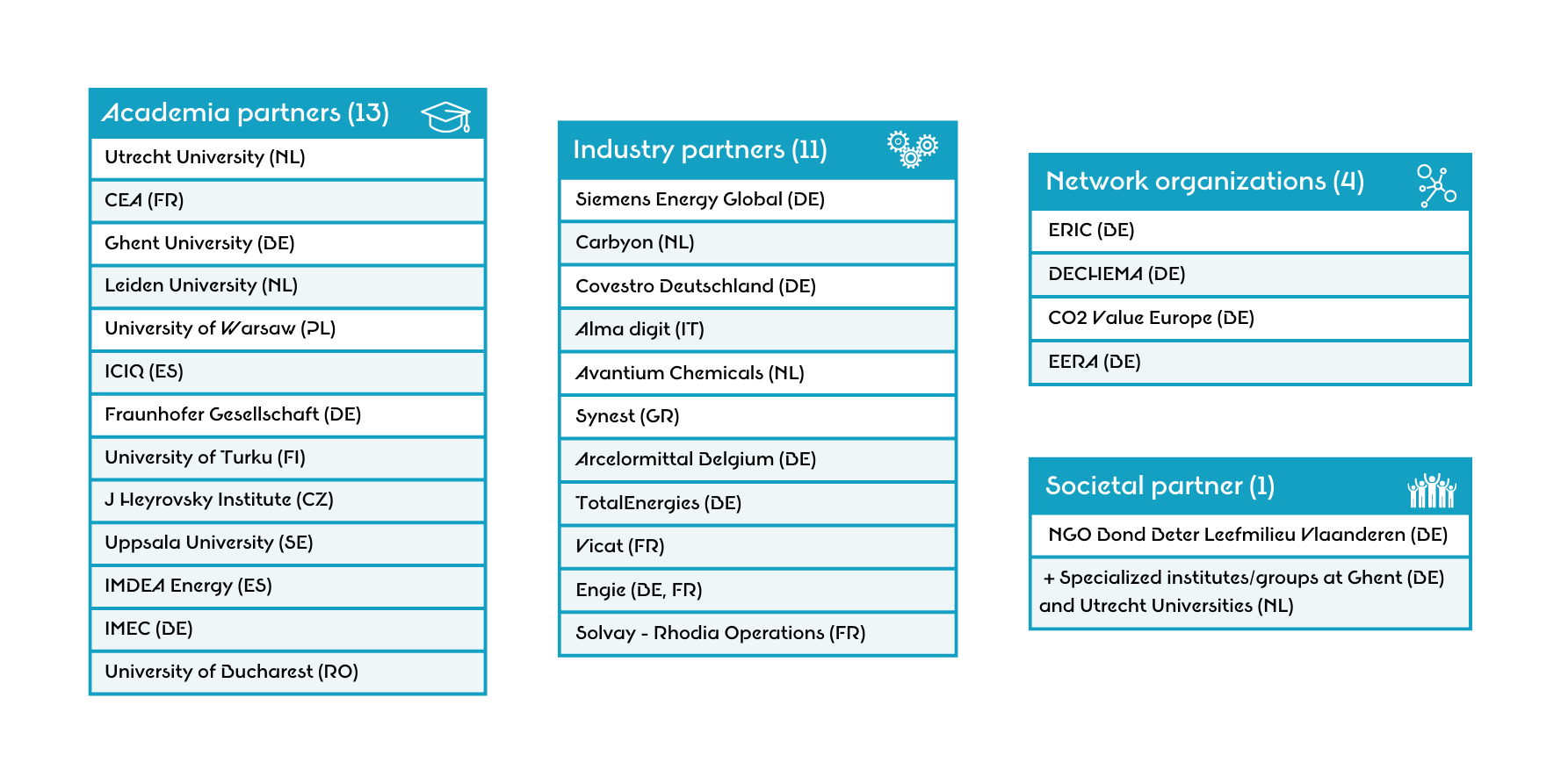

Utrecht University
Universiteit Utrecht (UU) oversees the strategic and logistic coordination of the SUNER-C CSA; serves as point of contact for the European Commission for progress and financial reporting; provides support where needed in all WPs. UU leads WP8 (Project management & coordination) and co-leads WP7 (LSRI beyond the CSA), besides being participant in all other WPs and most of all tasks.
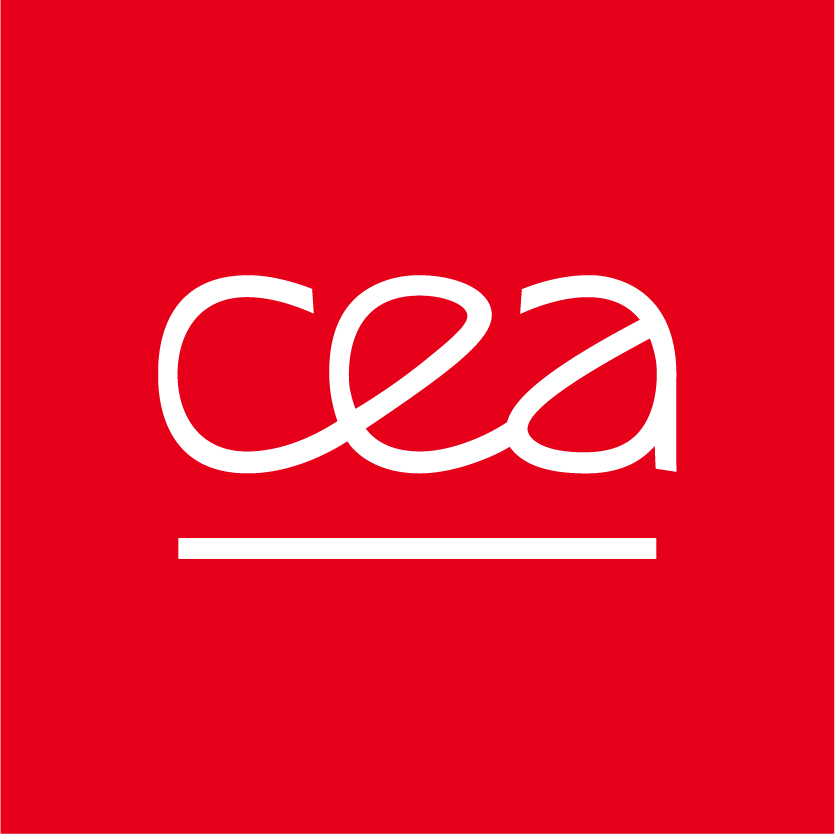
CEA
French Alternative Energies and Atomic Energy Commission (CEA) works hand in hand with Universiteit Utrecht in the vision, strategy and coordination of the CSA actions undertaken within SUNER-C. Besides, it is the main contact point for the EU Commission and the European stakeholders of importance for the future of a fossil-free Europe. Therefore, CEA co-leads WP8 (Project management and coordination) but also leads WP7 (LSRI beyond the CSA).

ERIC (a.i.s.b.l.)
European Research Institute of Catalysis (ERIC) is a non-profit organization that promotes activities in the area of catalysis. Within SUNER-C, the main role of ERIC is to lead WP2 (Ongoing reasearch activities in the EU) with the aim to develop a project portfolio and fostering project synergies among stakeholders.
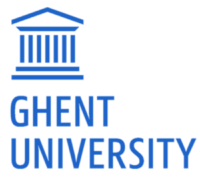
Universiteit Gent
The Centre for Sustainable Development at Ghent University (GU) is committed to multi- and transdisciplinary research on the social and political dimensions of environment and sustainability issues. GU is leading WP6 (Socio-technical and cross-cutting aspects), i.e. working in identifying cross-cutting socio-technical challenges related to SUNER-C and stakeholder affected thereof; catalysing stakeholder dialogue on implications for transition pathways; and designing a strategy for integration of cross-cutting issues.
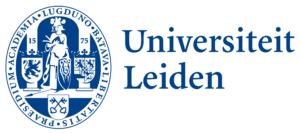
Universiteit Leiden
The University of Leiden (LU) is guiding the vision building to amplify and unify the innovation eco-system inherited from SUNERGY. As leader of WP1 (Creation of an R&I community and eco-system) LU aims to create an ecosystem completely diverse (regarding gender and minority participation, disciplines, expertise, sectors and countries), open (inclusive, collaborative) and along the full value chain/TRL with early societal involvement.
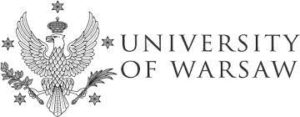
Uniwersytet Warszawski
The Centre of New Technologies (CeNT) from the University of Warsaw (UW) is an interdisciplinary research centre dedicated to the understading of important biological, chemical and phisycal phenomena. Within SUNER-C, the UW is overseeing and collating knowledge and feedback from SUNERGY stakeholders on the living document of the Strategic Research and Innovation Agenda. Also, during the CSA, the UW will develop a Technological Roadmap that identifies short-, medium- and long-term critical milestones towards the broad implementation of solar fuels and chemicals in society.
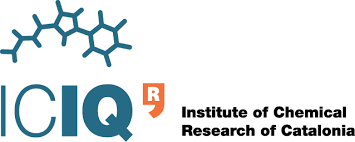
Institut Català d’Investigació Química
The Institute of Chemical Research of Catalonia (ICIQ) is a research center committed to performing excellent research at the frontier of knowledge in two main areas: Catalysis and Renewable Energy. ICIQ mission is to lead, from the vantage point of molecular science, cross-strategies for solving major social and economic challenges, such as climate change and sustainable supply of energetic and raw materials.
ICIQ is co-leader of WP5 (Dissemination, communication & education). The objective is to develop and implement a dissemination and communication strategy of the CSA and the preparatory work for a LSRI (large-scale R&I initiative).
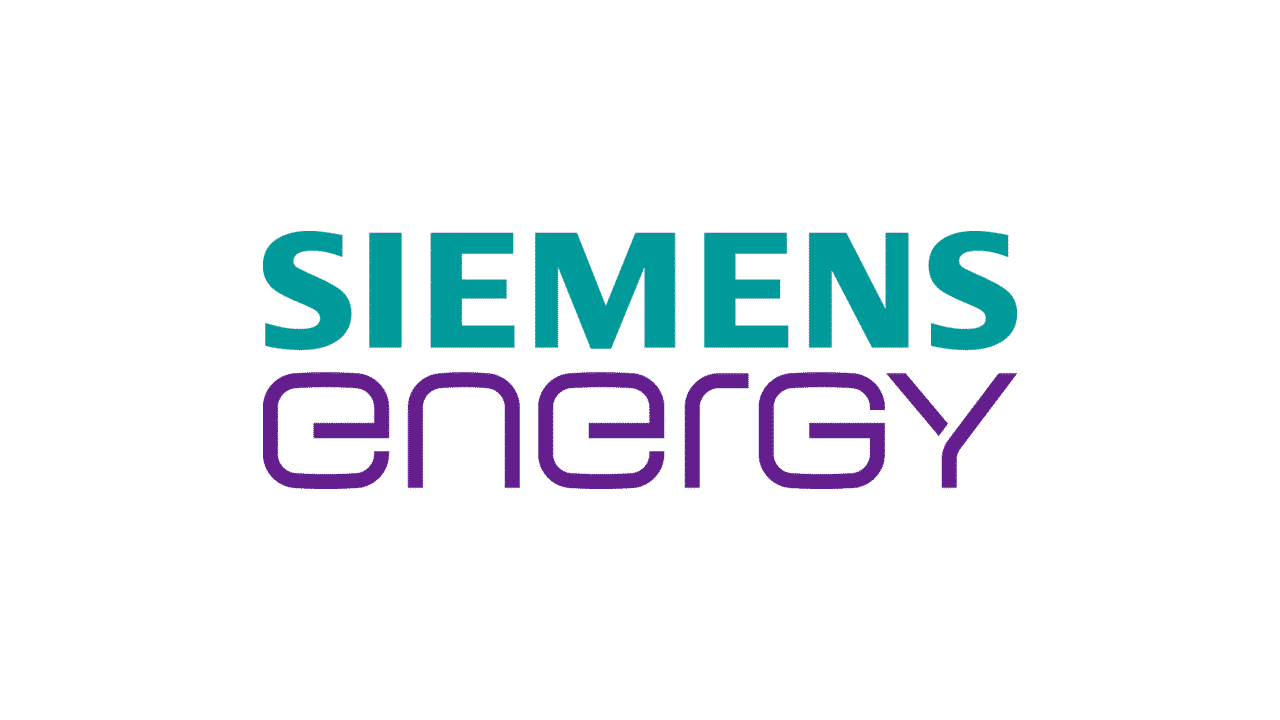
Siemens Energy Global Gmbh & Co. KG
The mission of Siemens Energy (SE) is to support their customers in transitioning to a more sustainable world, throuh decarbonization, decentralization, digitalization to reach the growth of the demand. In the consortium, the role of SE is to bridge academic research and the industrial needs. As a key actor in WP4 (Innovation and Exploitation), SE is the main contributor to the deliverable “Innovation Strategy for the Larg-eScale Research Initiative”, which aims to accelerate the industrial take-up of new technologies.

DECHEMA Gesellschaft für Chemische Technik und Biotechnologie
DECHEMA e.V. (DECH) is the expert network for chemical engineering and biotechnology in Germany. As a non-profit professional society, it consolidates the know-how of more than 5,800 individual and sustaining members. Core topics include hydrogen production, Power-to-X technologies, CCU and carbon-neutral transformation of the chemical industry.
DECHEMA contributes to the creation of the R&I eco-system by engaging the private sector (with their member companies and indutrial project partners) to SUNER-C CSA activities. With this, the parnter contributes to foster project synergies, to standarize protocols and to monitor KPIs and the envisioned project portfolio.

Fraunhofer Gesellschaft Zur Foerderung Der Angewandten Forschung
The Fraunhofer-Gesellschaft (FHG) based in Germany is the world’s leading applied research organization. Prioritizing key future-relevant technologies and commercializing its findings in business and industry, it plays a major role in the innovation process. Three different Fraunhofer-Institutes contribute to SUNER-C, namely Fraunhofer ISI, Fraunhofer ISC and Fraunhofer IGB.
In SUNER-C, Fraunhofer will contribute to (i) framework development for de-risking industrial implementation of solar fuels and chemicals; (ii) address relevant, socio-technical cross-cutting challenges related to SUNER-C; (iii) establish a long-term technological roadmap for the development and implementation of solar fuels and chemicals.
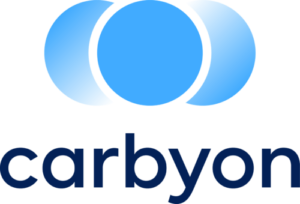
Carbyon
Carbyon (CAR) develops the next generation of equipment to capture CO2 directly out of ambient air. CAR breakthrough technology offers an economically viable and worldwide scalable solution on any location to enable carbon neutral and even net-negative solutions like for renewable fuels, greenhouses and carbon dioxide removal.
Carbyon will contribute to the preparation of a large-scale European R&I initiative by supporting at DAC (Direct Air Capture technology) related issues. Their tasks are mainly to develop scenarios and identify instruments for a SUNER-C LSRI, to propose funding mechanisms and to engage the private sector to the LSRI.
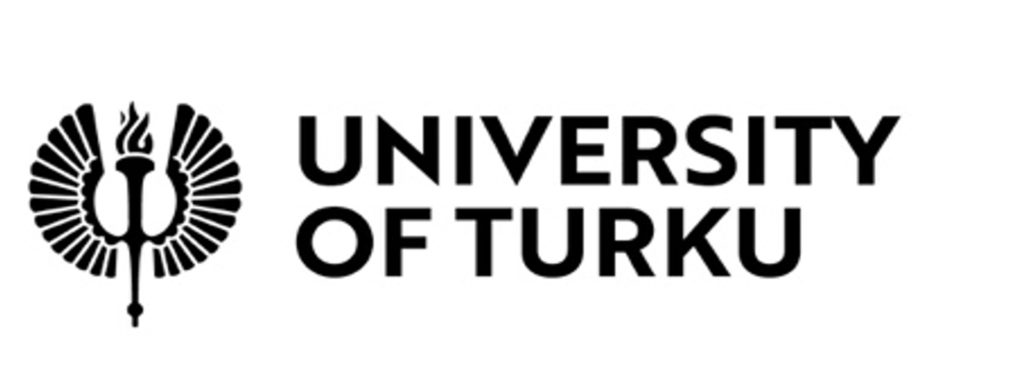
Turun Yliopisto
The University of Turku (UT) is performing excellent research at the two strategic profiling areas: (i) Future technologies and digital society; (ii) Biodiversity and Sustainability.
UT is WP2 (Ongoing research activities in the EU) co-leader. Their work focuses on identifying KPIs to monitor the contribution of projects from the portfolio to the CSA’s vision, roadmap and timeline and quantify the added value of a coordinated approach compared the current practice with a portfolio of non-coordinated projects. Besides, UT aims to identify gaps and to promote multisectoral project relations in particular with digitalization area.

Ustav Fyzikalni Chemie J. Heyrovskeho AV CR, v. v. i.
The J. Heyrovský Institute of Physical Chemistry (HIPC) is a research institute, part of the Czech Academy of Sciences. HIPC aims to perform state-of-the-art research in the fields of electrochemistry, catalysis, spectroscopy and photochemistry, biophysics, low-dimensional materials, theoretical and computational chemistry.
In SUNER-C, HPIC works in the community building, in strengthening the international cooperation, and to contribute to a LSRI beyond the CSA.
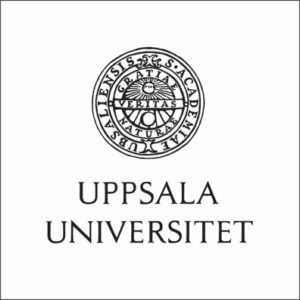
Uppsala Universiteit
At the Department of Chemistry – Ångström of Uppsala University (UppU), the majority of the research activities are focused on the development of renewable energy technology. This includes solar cells, artificial photosynthesis, electrocatalysis, renewable hydrogen production, fuel cells, advanced biofuels, and smarter batteries.
UppU is co-leader of WP1 (Building a research and innovation community and eco-system). UppU works in “Structuring the stakeholder landscape”, where connections will be shaped and maintained with the stakeholder community in Europe and internationally. They focus on a dynamic stakeholder community with accessible contact points and on putting SUNER-C on the international agenda.

Covestro Deutschland AG
Covestro (COV) is among the leading suppliers of premium polymers. Their materials and application solutions are found in nearly every area of modern life. Innovation and sustainability are the driving forces behind the continuous development of their products, processes and facilities.
COV is the industrial partner on Chemistry and Materials sector that contributes to the community mapping, to the elaboration of a Technological Roadmap and the design of an exploitation plan.
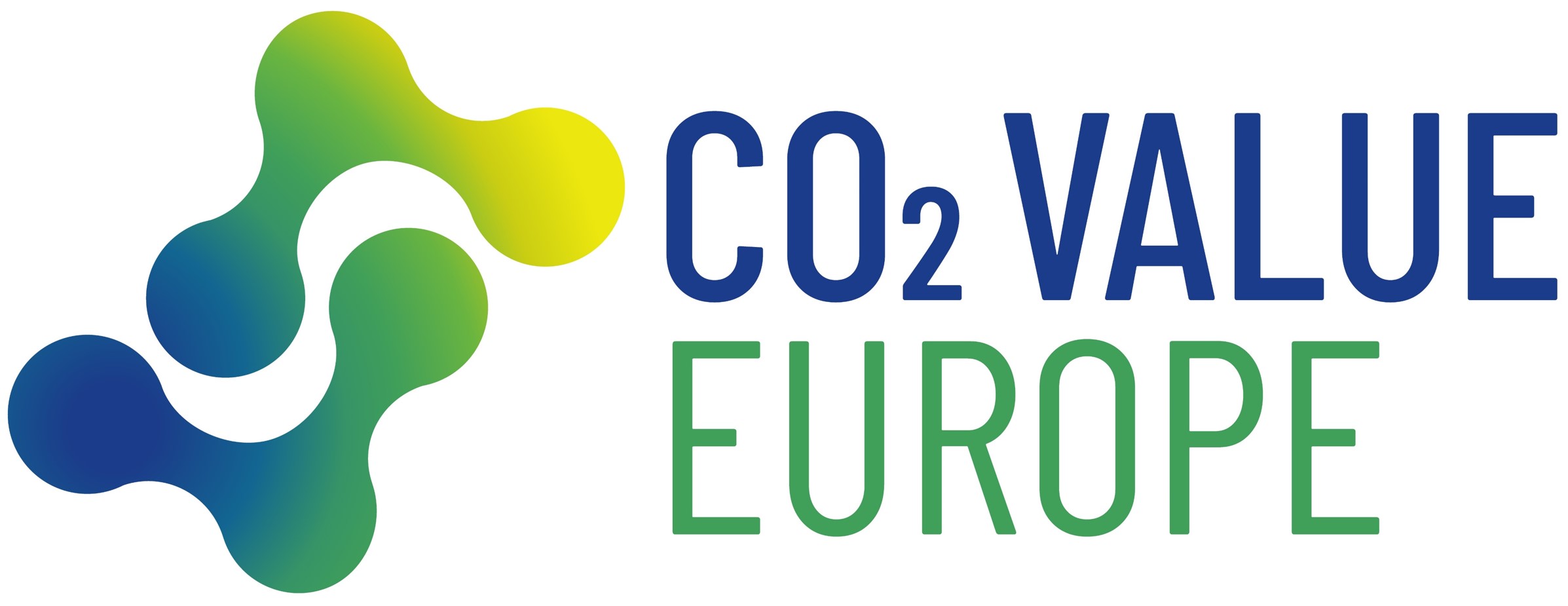
CO2 Value Europe
CO₂ Value Europe (CVE) is the European association dedicated to CO₂ Utilisation, bringing together stakeholders (73 memebers) from the complete CCU value chain and across industries. The mission of CO₂ Value Europe is to promote the development and market deployment of sustainable industrial solutions that convert CO₂ into valuable products, in order to contribute to the net reduction of global CO₂ emissions and to substitute fossil carbon with CO₂ as feedstock.
The main role of CVE as W5 leader is to develop and implement the communication and dissemination (C&D) strategy of the CSA and perform the preparatory work for the Large-Scale R&I Initiative (LSRI) communication and dissemination needs.
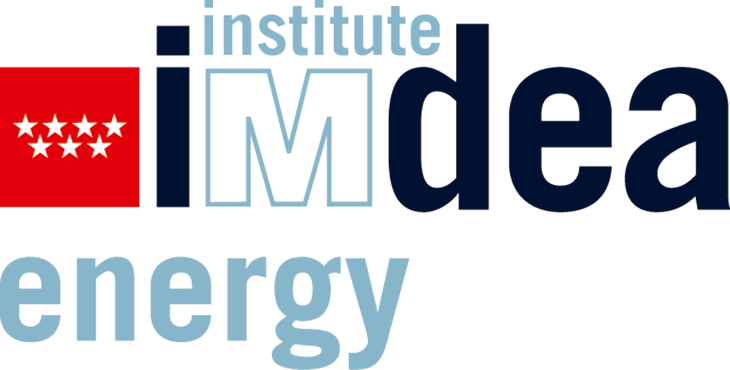
Fundación IMDEA Energía
IMDEA Energy is a non-for-profit R&D foundation oriented to applied R&D and technology transfer and which mission is to promote and conduct R&D&i activities on sustainable energy.
IMDEA is in charge of identifying standarised protocols and experiments; to promote comparison between results and define common reliable KPIs; to enable more effective data sharing; to discuss primary data generation infrastructure, and data sharing protocols for secondary data usage between the projects and with the overall initiative.
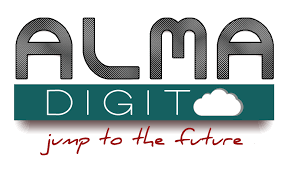
Alma Digit S.R.L
Alma Digit S.R.L (AD) offers consulting services to small and medium public/private enterprises aiming at developing highly innovative solutions in the ICT (Information and Communication Technology) sector.
AD is the main responsible of defining SUNER-C Data Management Plan (DMP) and supporting the ICT and digitalisation aspects in the project.
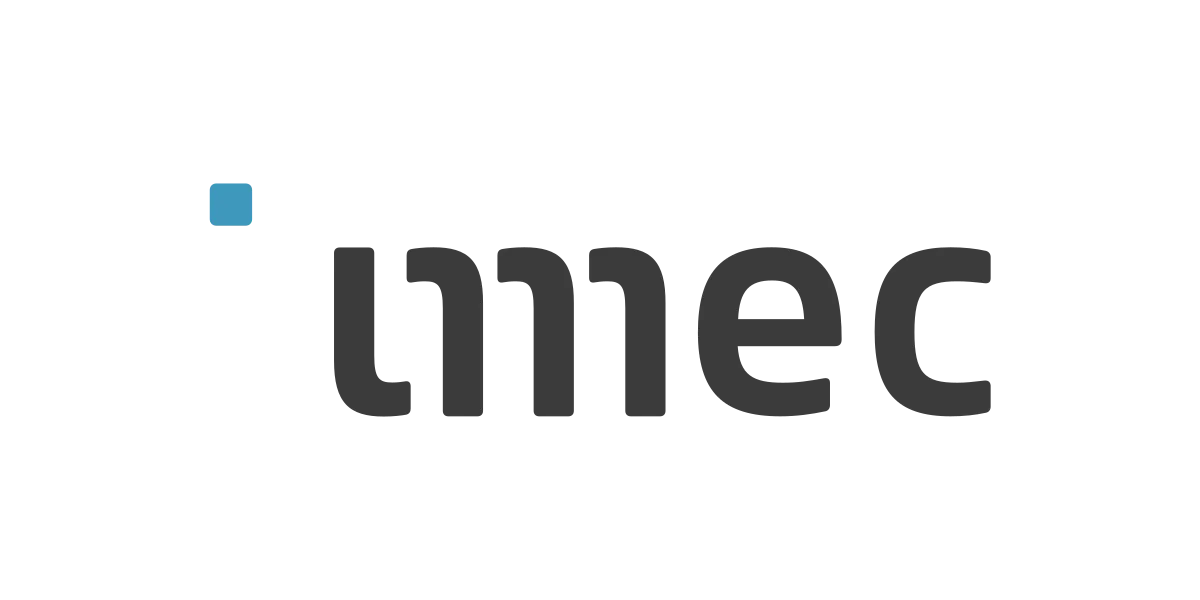
Interuniversitair Micro-Electronica Centrum
Interuniversity Microlectronics (IMEC) Belgium is developing energy technologies towards low carbon economy by improving efficiency, increasing throughput, selectivity and reliability. All with the aim of reducing the Levelized Cost of Hydrogen and of more complex hydrocarbon molecules.
IMEC is co-leading the Technological Roadmap together with UW and ENGIE. IMEC oversees the identification and elimination of white spots in the technological portfolio, and at describing the technical developments to nring the technology to the next level.
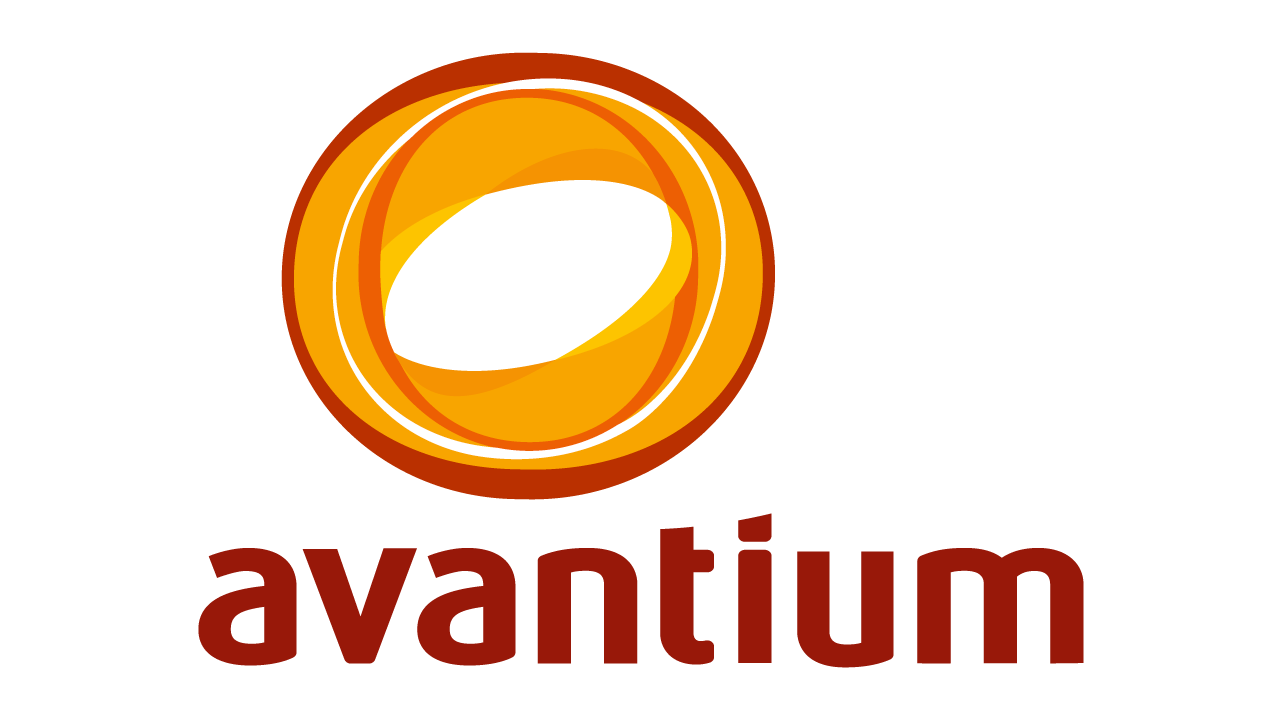
Avantium Chemicals BV
Avantium Chemicals (AVT) is a publicly listed company working on developing cutting edge chemical technologies based on renewable feedstocks.
Avantium is an early adopter of new technologies and aims to bridge early stage research and industry. Active networking with industry and academia is crucial to maintain the position as front runner in renewable chemical technologies. In SUNER-C we will amongst others contribute to: technology assessment, community building, dissemination and education.
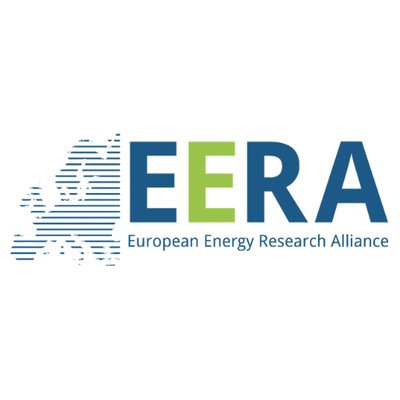
Alliance Europeenne De Recherche Dans Le Domaine De L’energie
Alliance Europeenne De Recherche Dans Le Domaine De L’energie (EERA) is an association of European public research centres and universities with the mission to catalyse European energy research for a climate neutral society by 2050. Bringing together more than 250 organisations from 30 countries, EERA is Europe’s largest energy research community. It is a key player in the European Union’s Strategic Energy Technology (SET) Plan and the Clean Energy Transition.
EERA is actively participating in all the WPs, especially in WP1 (Creation of an R&I community and ecosystem), WP3 (Establishment of a long-term Technological Roadmap), WP7 (Preparation of scenarios and instruments for a SUNERGY LSRI and proposal of funding mechanisms).

Synest Idiotiki Kefalaiouchiki Etaireia
Synergies in Science and Technology – SyNest Private Company (SYN), is a technology start-up, founded with the vision to create and bring to the market technologies that enable a sustainable, inclusive society.
SYN focuses on developing and implementing “Science-to-Science” and “Science-to-Business” exploitation and innovation plans along the complete value chain of SUNER-C results. The developed plan aims at fostering interdisciplinary exchange and knowledge management, at spreading S&T excellence across Europe and at transfering result and ideas between relevant R&D EU stakeholders.

Universitatea Din Bucuresti
The Research Centre of Catalysts and Catalytic Processes from University of Bucharest (UB) is committed to developing research in the following strategic areas: CO2 hydrogenation to CO, methane, and higher hydrocarbons; photocatalytic hydrogenation of CO2; improved and new catalysts for these processes; combinatorial catalysis; and advanced characterizations of the catalysts.
UB is elaborating an Educational Portal, an online platform within the SUNER-C wesite that gathers programs, courses and open learning material available for students at all levels (from PhD/MSc/BSc to high and primary school students).

Arcelormittal Belgium NV
The ArcelorMittal group is the world’s leading steel and mining company, with around 197,000 employees in more than 60 countries. ArcelorMittal is the leader in all major global steel markets, including automotive, construction, household appliances and packaging, with leading R&D and technology, as well as sizeable captive supplies of raw materials and outstanding distribution networks.
AM is assisting in all WPs, providing a vision of the needs of industry to decarbonize by the use of solar energy (WP 1); creating and identifying EU project opportunities and synergies (WP 2); advocating and installing new Horizon R&D programs (WP 3); studying regulatory aspects and social acceptance issues in order to speed up the implementation of new technologies (WP 4); disseminating, by use of the AM Legal Affairs team to pass the messages to EU policy guidance (WP 5); and developing a strategy to implement developments into industry (WP 6).
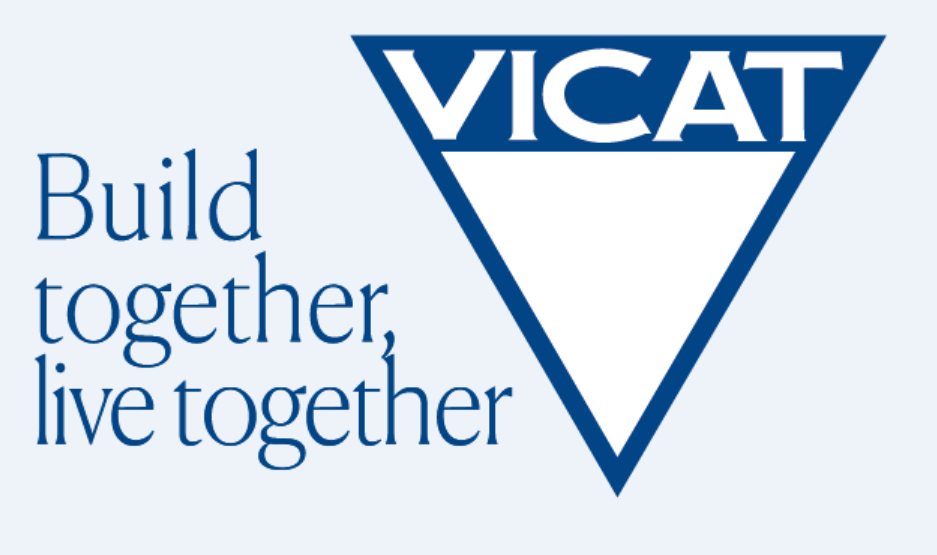
VICAT
Vicat (VIC) is a French Group offering bio-based and mineral construction materials, along with services that meet the needs of the construction trades. Wherever it has cement plants, aggregate quarries, concrete batching plants, and factories manufacturing finishing products for the building industry, Vicat strives to produce locally and in so doing develop employment and the local economy as well as participating in the transition to renewable energies.
VIC is committed to contribute to all WPs, developing innovative solutions that will have the biggest impact on CO2 reduction for the lowest energy consumption.

Engie Laborelec
ENGIE Laborelec is a leading research and competence center in electrical power technology (generation, transmission, distribution, storage and energy end-use). ENGIE Laborelec provides specialized services and contracted research activities as part of ENGIE Group.
ENGIE Laborelec is co-leading with UW WP3 by establishing a Technological Roadmap with as horizon time 2025-2050. This roadmap will build on existing materials (e.g. SUNERGY SRIA), leverage on large communities’ contribution, and establishment of clear targets and drivers for industries, policy makers and scientifics to implement and reach SUNER-C vision
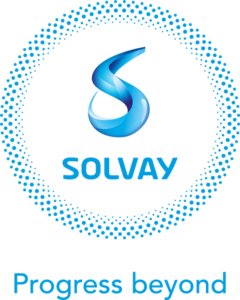
Solvay – Rhodia Operations
As a global leader in Materials, Chemicals and Solutions, Solvay brings advancements in planes, cars, batteries, smart and medical devices, water and air treatment, to solve critical industrial, societal and environmental challenges.
Solvay is contributing mainly to WP3 and WP4 with the drafting of a Technological Roadmap for solar fuels and chemicals, and the Innovation and Exploitation for emerging technologies.
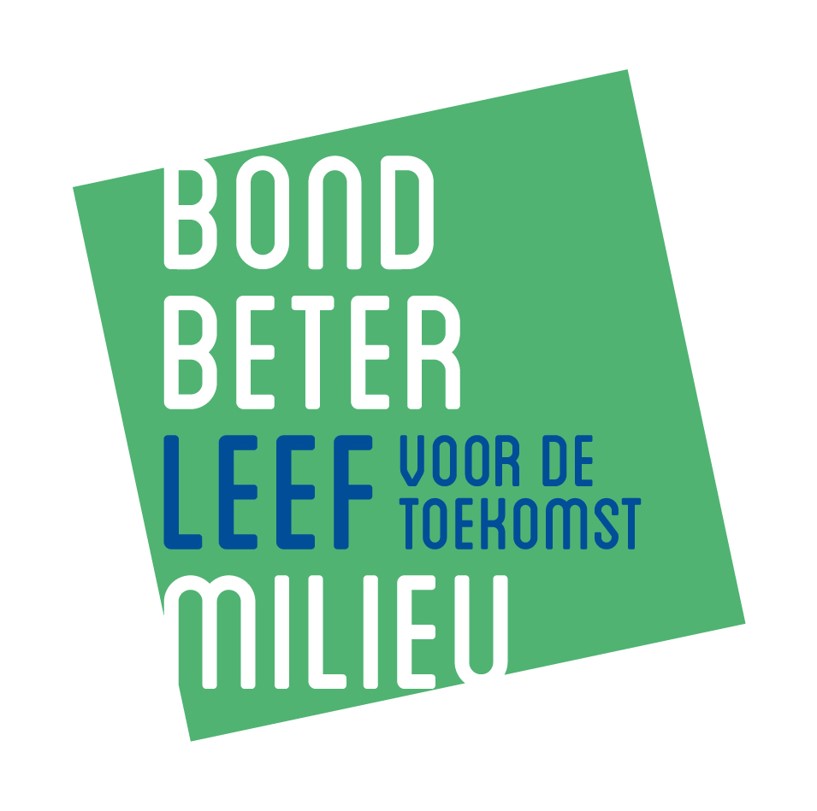
Bond Beter Leefmilieu
Bond Beter Leefmilieu (BBL) Network of sustainable organisations in Flanders and Europe that unites multiple forces (Citizens/consumers, Policy makers, Companies, Civil society) for: (a) conservation of open space and resilient ecosystems; (b) circular use of raw materials; (c) climate-neutral society; (d) decimate the environmental nuisance.
BBL ‘s role as a societal partner is to include broader societal concerns and sustainability issues; to include societal partners (quadruple helix); to link different themes (energy, circular economy, infrastructure) and sectors (industry, transport, households, agriculture); and to gather knowledge on e-fuels in the NGO community.
Associated partner
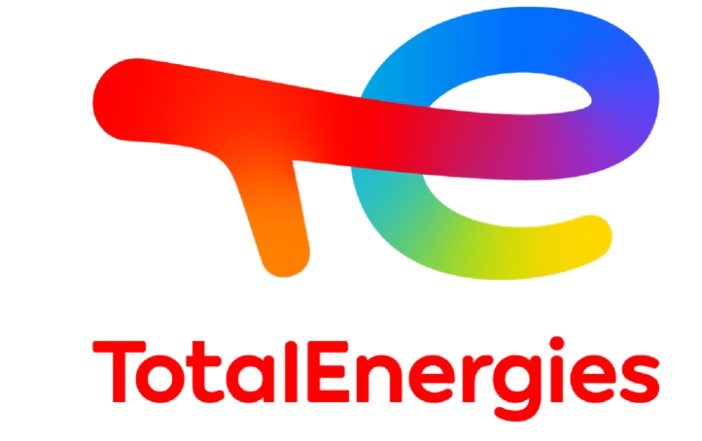
Total Research & Technology Feluy
TotalEnergies is a broad energy company that produces and markets fuels, natural gas and electricity. TotalEnergies is involved in many initiatives to produce and market sustainable aviation fuel (like e-jet) in partnership with companies in the aviation industry.
TotalEnergies is participating in all work packages (except management of CSA). The main contribution of TotalEnergies will to the development of the Technological Roadmap. Other intermediate contributions will go to: the creation of the innovation eco system (WP1); the development of an exploitation and innovation strategy (WP4); and the preparation for the large-scale R&I initiative (WP7).
